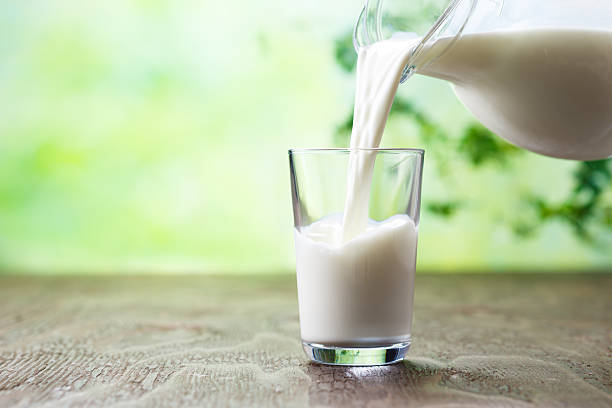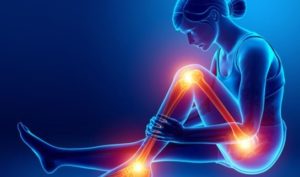Bone Health
Milk and dairy products are providers of calcium phosphorous, magnesium and protein which are all essential for healthy bone growth and development.
Adequate consumption of milk and dairy from early childhood and throughout life can help to make the bones strong and protect them against diseases like osteoporosis (a debilitating, brittle bone disorder) in later life.
Teeth
The amounts of calcium and phosphorus in milk and dairy products are also beneficial for the development and maintenance of healthy teeth.
The most abundant protein in milk is casein and is protective as it forms a thin film on the enamel surface which prevents loss of calcium and phosphate from the enamel when the teeth are exposed to acids in the mouth.
Studies have suggested that milk also reduces the effects of cariogenic foods on teeth when consumed together with them in the diet.
In fact, dentists recommend that milk is the only sage drink to have between meals (except for water) as it has been shown not to cause tooth decay even in conditions perfect for damaging teeth!.
Milk and blood pressure
An increasing number of studies that consuming 3 portions of dairy each day. Along with 5 portions of fruit and vegetables as part of a low salt diet can reduce high blood pressure in both adults and children.
Although the exact mechanisms involved are not clear, it is thought that the calcium, potassium, magnesium and proteins within milk are all likely to be involved.
Milk and cardiovascular disease
Several studies have linked milk and dairy consumption with a reduced risk for cardiovascular disease.
A recent study in Welsh men found that those who drank the most milk had fewer heart attacks than those who had little or no milk in their diets.
This connection could be due to many factors in milk, but epidemiological studies have shown that higher intakes of calcium in particular are linked to a reduced risk of cardiovascular disease.
More specifically, studies have shown that high calcium intakes may reduce high level of bad cholesterol in the blood, and increase low levels of good cholesterol both of which are known risk factors cardiovascular disease.
In addition, it also thought that calcium may bind harmful fats together in the gut and prevent their absorption, which in turn prevents level in the blood increasing.
Milk’s Makeup
National Dairy Council (NDA), describes that milk is filled with nine essential nutrients that benefit our health:
• Calcium: Builds healthy bones and teeth; maintains bone mass
• Protein: Serves as a source of energy; builds/repairs muscle tissue
• Potassium: Helps maintain a healthy blood pressure
• Phosphorus: Helps strengthen bones and generate energy
• Vitamin D: Helps maintain bones
• Vitamin B12: Maintains healthy red blood cells and nerve tissue
• Vitamin A: Maintains the immune system; helps maintain normal vision and skin
• Riboflavin (B2): Converts food into energy
• Niacin: Metabolizes sugars and fatty acids
Milk packs quite a punch when it comes to nutrition. The council says that just one 8-ounce glass of milk provides the same amount of vitamin D you’d get from 3.5 ounces of cooked salmon, as much calcium as 2 1/4 cups of broccoli, as much potassium as a small banana, as much vitamin A as two baby carrots and as much phosphorus as a cup of kidney beans!




